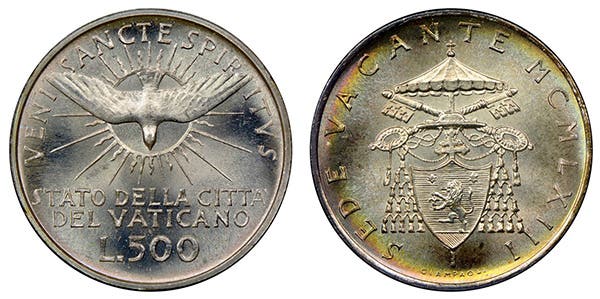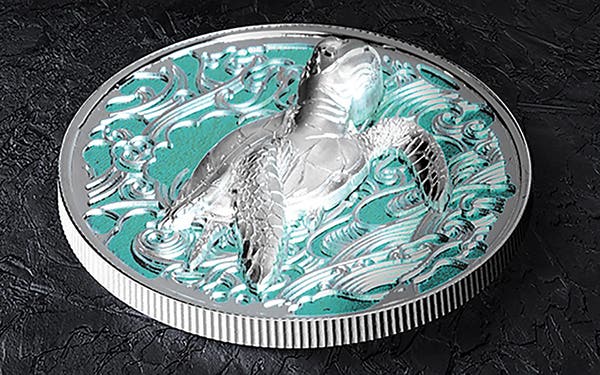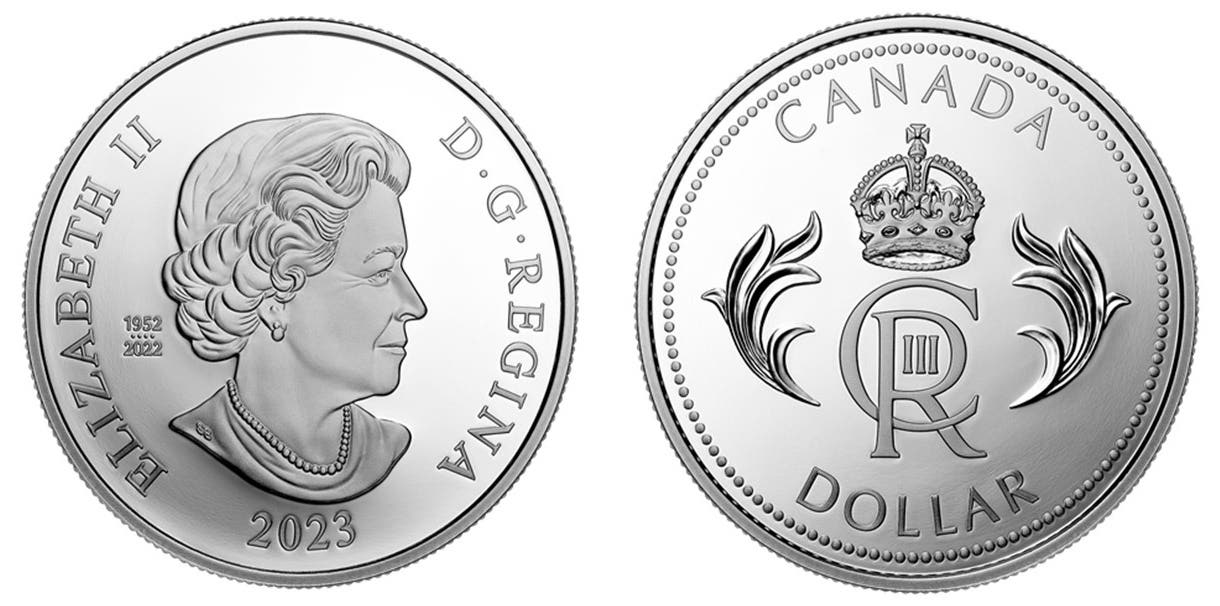Cashless Societies Struggle
Cashless society proponents have their soap boxes. Those who want to ensure cash continues regardless of what the latest non-cash trend may be have their defenders as well. Since this…
Cashless society proponents have their soap boxes. Those who want to ensure cash continues regardless of what the latest non-cash trend may be have their defenders as well. Since this is a coin collecting publication, we defend the practicality of physical cash over electronic payments and platforms.
Cryptocurrency by definition is a digital currency that uses cryptographic encryption to ensure the integrity of transactions and transfers of assets through technological means.
Is it possible coins and bank notes will become obsolete, being totally replaced by electronic payments and value storage? The possibility is real, but there are also indications a cashless society may not be in the cards at all. The current equity markets downturn has taken most of the electronic payment world with it, exposing much of the crypto currency world as being all too similar to the tulip craze of 17th century Holland. But there is more to what will likely be the downfall of much of the push for a cashless society than even this.
It’s no secret that El Salvador’s efforts to go cashless haven’t worked. According to a June 25 National Broadcasting Corporation broadcast, “The government’s crypto coffers have been cut in half, bitcoin adoption nationwide isn’t really taking off, and crucially, the country needs a lot of cash, fast, to meet its debt payments of more than $1 billion in the next year. This comes as the price of bitcoin has fallen more than 70 percent from its November 2021 peak, and more than 55 percent from the time [El Salvador President Nayib] Bukele announced his plan.”
On June 23, cryptocurrency trading and digital asset debit card platform Uphold announced it was closing its Venezuela operation due to “the increasing complexity of complying with U.S. sanctions.”
In January Venezuela announced half of its minimum wage would be pegged to the national petro or PTR cryptocurrency. PTR is built on top of the DASH blockchain and is centralized as a central bank digital currency. According to a recent Bloomberg news report, most Venezuelans use PTR out of necessity rather than by choice.
In June the Bank of Thailand released a survey indicating 65 percent of those who adopted that central bank’s digital app Pao Tang during the coronavirus pandemic have stopped using the app. More than 50 percent of those surveyed said they plan to use cash exclusively. The survey also indicated most participants found cash to be more convenient than digital payments.
The Central African Republic adopted bitcoin in April despite the nation being a gold and diamond-producing country. CAR has internet penetration rates of just 11 percent, representing about 550,000 people. Only about 14 percent of the population has access to electricity.
A recent United Kingdom survey conducted by Money.co.uk indicated 42 percent of those surveyed prefer cash to help them keep track of their spending while 40 percent indicated buying food with cash enables them to spend less and stay within their budget. About 65 percent of people reported spending more when using cards.
The Bank of England is being given “the powers necessary to ensure the UK’s wholesale cash infrastructure remains effective, resilient, and sustainable” to “level up” plans to address “spatial disparities in access to cash.”
According to a June 30 CashMatters.com posting, “While cashless payments are often presented as ‘new money’—primarily by cashless service providers—the idea that cash is outdated ‘is both misleading and dangerous.’ A recent Business Insider article explores the strengths of cash, how it supports many facets of modern life, and the pitfalls of eradicating it.”
Former financial broker Brett Scott wrote Cloudmoney: Cash, Cards, Crypto and the War for our Wallets. According to Scott, bank transfers are not an upgrade to cash-based systems, largely because cash underpins cashless transactions. Scott drew a comparison with casino chips: a limited-purpose form of currency, issued by casinos, which would be worthless if they couldn’t be redeemed for cash.
And, perhaps most damaging of all, is that some bitcoin exchanges have recently gone bankrupt. Among them are Celsius, Three Arrows, and Voyager. On July 26 Marc Cuniberti authored an article in the online tabloid The Union that “malfeasance seems to be rampant as Ameer and Raees Cajee, the founders of Africrypt have gone AWOL and can’t be found after abandoning their firm. They are not the only ones. The founder of a popular crypto exchange in Turkey has disappeared, with media reports indicating that he has fled the country with $2 billion as roughly 300,000 frustrated users have suddenly lost access to their accounts. The physical whereabouts of Zhu Su and Kyle Davies, who started Three Arrows in 2012, are also currently unknown.”
Elsewhere in the article Cuniberti says, “When a Tulip bulb in Holland skyrocketed in price to a high of 10 years annual salary in the 17th century, or property in Tokyo went as high as $139,000.00 a square foot in the [19]80s, I also didn’t fully understand all the ins and outs of these asset markets, but I don’t have to. I know a bubble when I see one and they have occurred over and over in man’s history and date back to the Roman times and beyond.”
In spite of the poor performances reported in this article, the Capital.com web site July 26 posting reports, “More cryptocurrencies will be coming out of South America relatively soon, says a leading asset manager Andrew Durgee, head of Republic Crypto, the asset management team of Republic and its asset management arm Republic Crypto Fund, expects several new digital coins created by South American developers to hit the market within the next three years.”
There may be a future for cryptocurrencies alongside checks, credit cards, debit cards, smart cards, and other physical currency substitutes, but from its current track record it does not appear cryptocurrency is “the” currency of the future.








